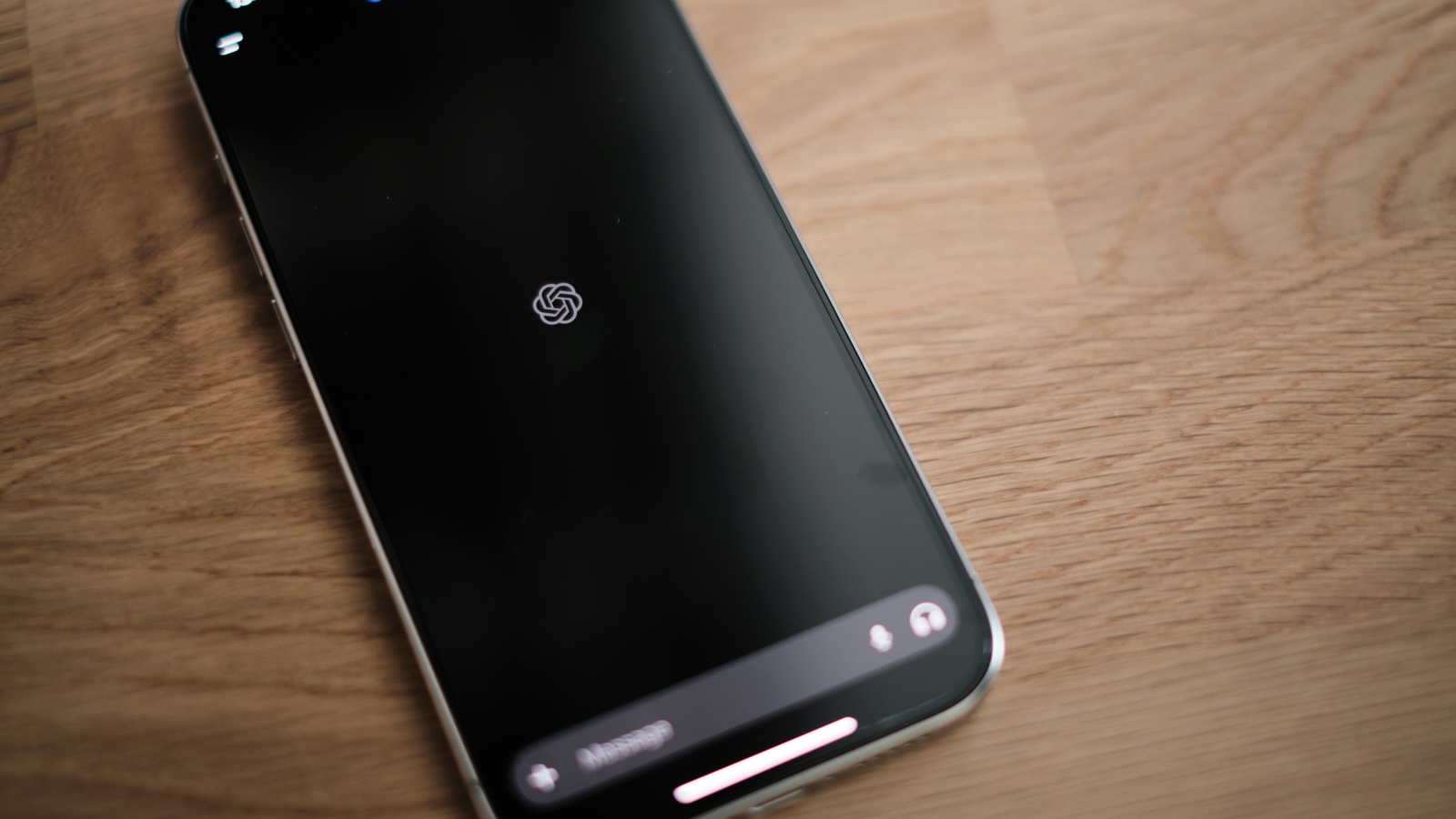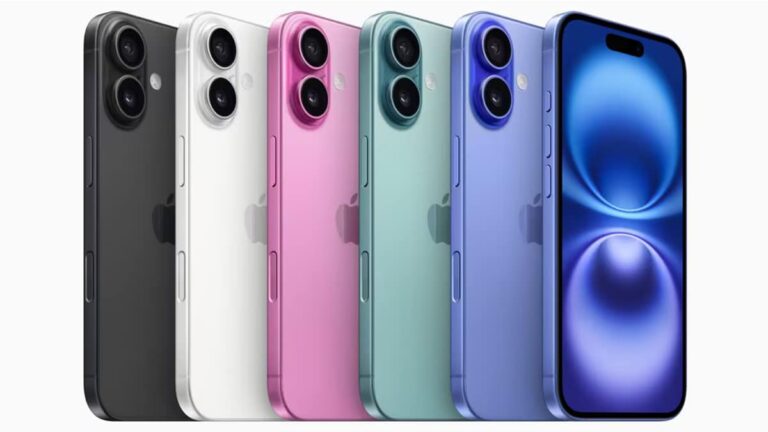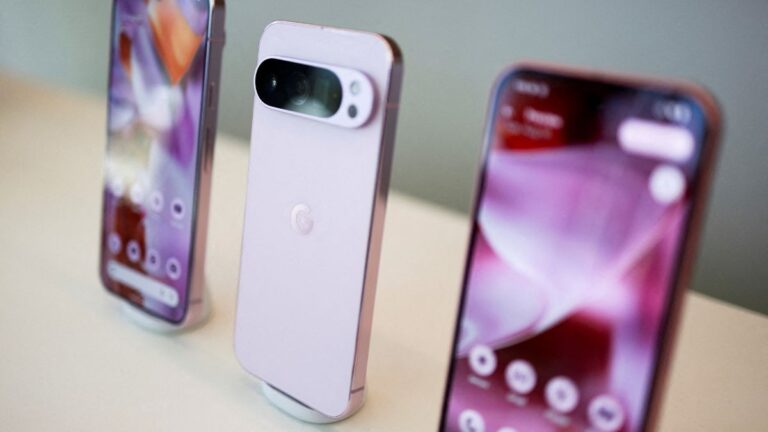Have you noticed people around you suddenly dropping words like “meticulous,” “adept,” or “delve” in everyday conversations? Maybe your college buddy or that uncle who loves TED Talks has started talking about “exploring new realms” or “becoming more adept” at something. If this sounds familiar, you’re not alone. There’s a good chance they’ve been spending time with AI chatbots, and it’s starting to show.

Researchers at the Max Planck Institute for Human Development have picked up on this trend. They dug into over 280,000 academic YouTube videos and found that, ever since ChatGPT became popular, people are using certain words much more often – words that pop up a lot in AI-generated text. These aren’t scripts written by bots, just regular folks, especially in academic circles, picking up the AI way of speaking without even realising it.
What does this mean for our conversation skills?
What’s interesting is that these AI-inspired words aren’t just getting sprinkled in here and there. They’re actually replacing the more colourful, local, and sometimes quirky language we all grew up with. Where earlier you’d hear a passionate, winding argument, now you get neat, structured sentences that sound a bit… well, robotic. It’s as if everyone’s reading from the same AI-approved dictionary, and the little flavours of our speech are quietly fading away.
Some people might shrug and say, “So what?” But think about it. Language isn’t just about getting your point across. It’s about showing where you’re from, what you care about, and how you see the world. If we all start talking like chatbots, we lose a bit of that personal touch, you know?
There’s another angle too. Have you ever wondered if being polite to AI – saying “please” or “thank you” to ChatGPT – will make us more polite to each other? Or maybe, if we get too used to being blunt with machines, that same tone will slip into our real-life chats, making things a bit less friendly.
Let’s be honest, though. It’s hard to resist the convenience. If you’re racing to finish a paper or a work report, ChatGPT is a lifesaver. It’s quick, it’s clear, and it rarely fumbles for words. But if you lean on it too much, its voice starts to become your own. Over time, your writing might lose its quirks, its local flavour, and start sounding just like everyone else’s.
Of course, this isn’t the first time tech has changed the way we talk. Remember when texting made us say “LOL” or “ROFL”? Or when emojis crept into our daily chats? Now, it’s AI’s turn to shape our language, not because it’s better, but because we’re getting used to it.
It’s funny, isn’t it? We built AI to sound more like us, and now we’re starting to sound more like AI. Maybe it’s time to pay a little more attention to the words we use. Bring back those local idioms, those family phrases, the stuff that makes your speech yours. After all, there’s nothing wrong with being a little different – especially when the world is starting to sound the same.
























